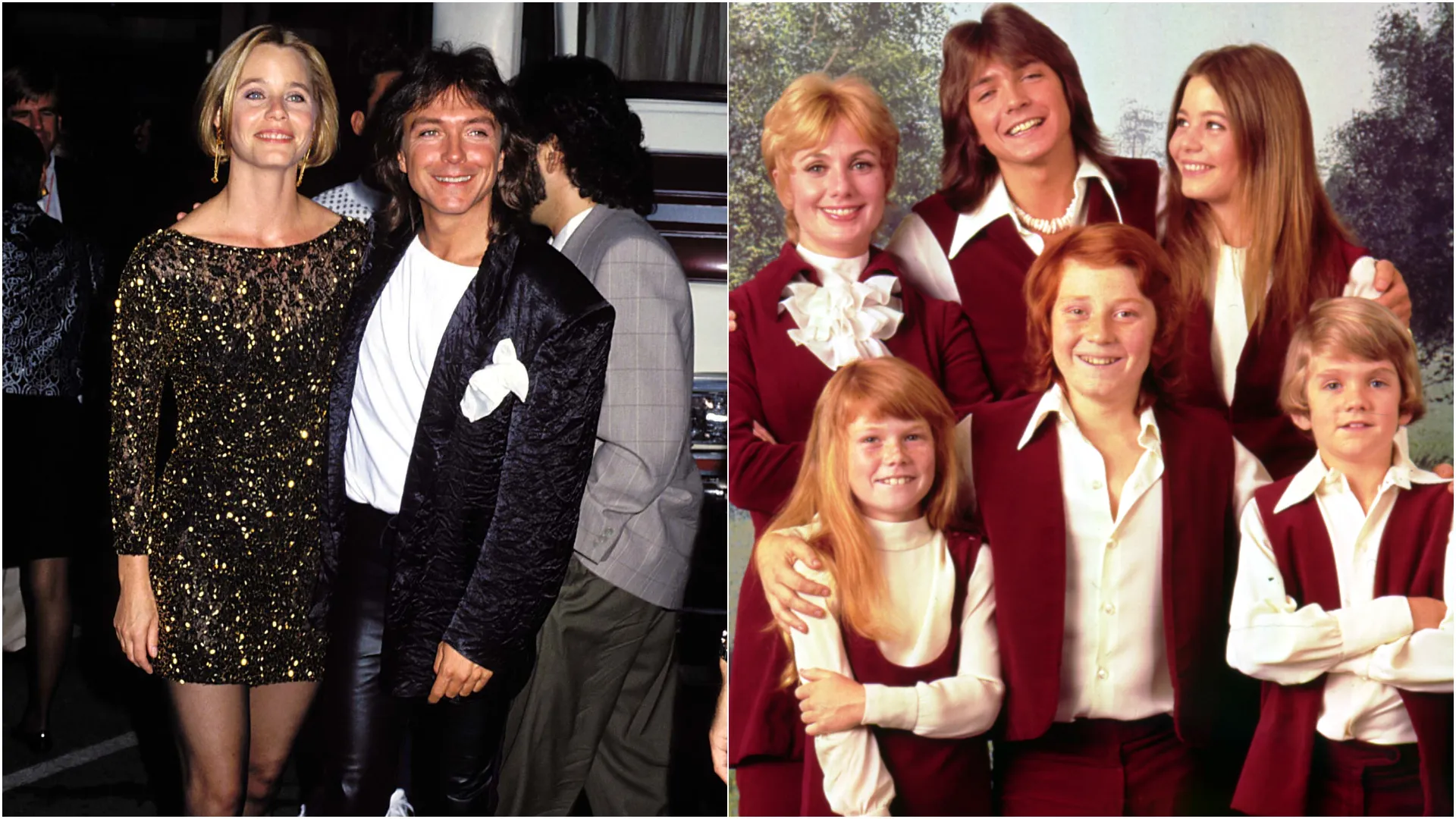
A private vow set to sunshine—The Partridge Family’s “Love Is All That I Ever Needed” turns certainty into a quiet daily practice, the kind you carry in your pocket long after the chorus fades.
Let’s anchor the facts up top. “Love Is All That I Ever Needed” closes Sound Magazine (Bell, August 1971) as the final track (track 11), a tidy ~2:54. It’s co-written by David Cassidy and Wes Farrell—significant because it marked Cassidy’s second composition to make a Partridge Family LP. Session notes for the album date this cut to May 11, 1971 at United/Western, Hollywood, with Farrell producing and the core Los Angeles studio team that fans know by heart.
On television, the song steps out of the grooves and into family lore. It’s the featured performance in Season 2, Episode 5, “Anatomy of a Tonsil,” first aired October 15, 1971, and it resurfaces later that season in “Where Do Mermaids Go?”—proof that the tune wasn’t just an LP closer; it was a story beat for the on-screen family.
Who’s playing? The Wrecking Crew backbone: Hal Blaine (drums), Max Bennett (bass), Dennis Budimir and Louie Shelton (guitars), Larry Knechtel/Mike Melvoin (keys), with the Ron Hicklin Singers—John and Tom Bahler, Ron Hicklin, Jackie Ward—feathering the harmonies around Cassidy’s lead; Shirley Jones is in that blend, too. It’s the same world-class unit heard all over Sound Magazine, where Farrell produced, Bob Kovach engineered, Wes handled rhythm arrangements, and Melvoin wrote the strings/horns. The album itself became a consensus high point—Billboard Top LPs No. 9 in September ’71 and swiftly Gold.
What gives this track its staying power—especially for older ears—is scale. Plenty of Partridge sides sparkle; this one glows. The rhythm section reassures more than it insists; guitars toss off tiny glints at phrase-ends; the backing voices arrive like company, not a parade. Cassidy doesn’t chase a grand declaration; he inhabits a small one. The title could read like teen hyperbole, but the performance lands as a grown person’s confession: love isn’t a fireworks show; it’s the warm light you leave on because you mean to come home.
There’s also the quiet thrill of authorship. Coming on the heels of Cassidy’s first co-write for the group (earlier that year) and tucked at the curtain of the band’s most consistently crafted LP, “Love Is All That I Ever Needed” feels like a page from his own notebook slipped into the family scrapbook. That matters. The Partridge project was famously built by pros, but here the star at the microphone signs the page—and the studio respects the intimacy by keeping the arrangement unfussy.
Placed where it is—album closer—the song behaves like a benediction. Side B of Sound Magazine moves from the breeze of “Summer Days” through the quiet hinge of “Twenty-Four Hours a Day” and the radio lift of “I Woke Up in Love This Morning,” then lands here, where the brightness softens and the promise gets small enough to keep. It’s smart sequencing: the last word isn’t triumph, it’s tenderness—and that’s why you want to flip the record and live in this house a little longer.
Listen closely for the mercies that let the lyric breathe. Blaine’s snare sits a hair behind the beat; Bennett’s bass nudges the bar line forward; the keys hold a gentle halo around Cassidy’s phrasing. When the choir slips in on the refrain, it’s not to wallpaper the room—it’s to witness what’s being said. Nothing here is oversized, and that’s the point. The record treats devotion as behavior, not spectacle.
Scrapbook pins, neat and true
- Artist: The Partridge Family
- Song: “Love Is All That I Ever Needed” — writers: David Cassidy / Wes Farrell; ~2:54; album closer on Sound Magazine.
- Recording: May 11, 1971, United/Western (Hollywood); producer: Wes Farrell; arrangements: Wes Farrell (rhythm), Mike Melvoin (strings/horns); engineer: Bob Kovach.
- Personnel (album core): Hal Blaine, Max Bennett, Dennis Budimir, Louie Shelton, Larry Knechtel, Mike Melvoin, Ron Hicklin Singers, with David Cassidy lead and Shirley Jones in the blend.
- TV appearances: S2E5 “Anatomy of a Tonsil” (aired Oct 15, 1971); reused in “Where Do Mermaids Go?” (Season 2).
- Album impact: Sound Magazine peaked Billboard Top LPs No. 9 (Sept 1971) and was certified Gold the same month.
Play it again tonight and notice the temperature shift. The beat doesn’t push; it steadies. The voices don’t bloom to impress; they lean in like family in the doorway. By the time the fade arrives, the promise at the center—love is all that I ever needed—feels less like a slogan and more like a habit you can actually keep. That’s why this little closer endures: it lets certainty speak softly—and teaches you how to live with it.